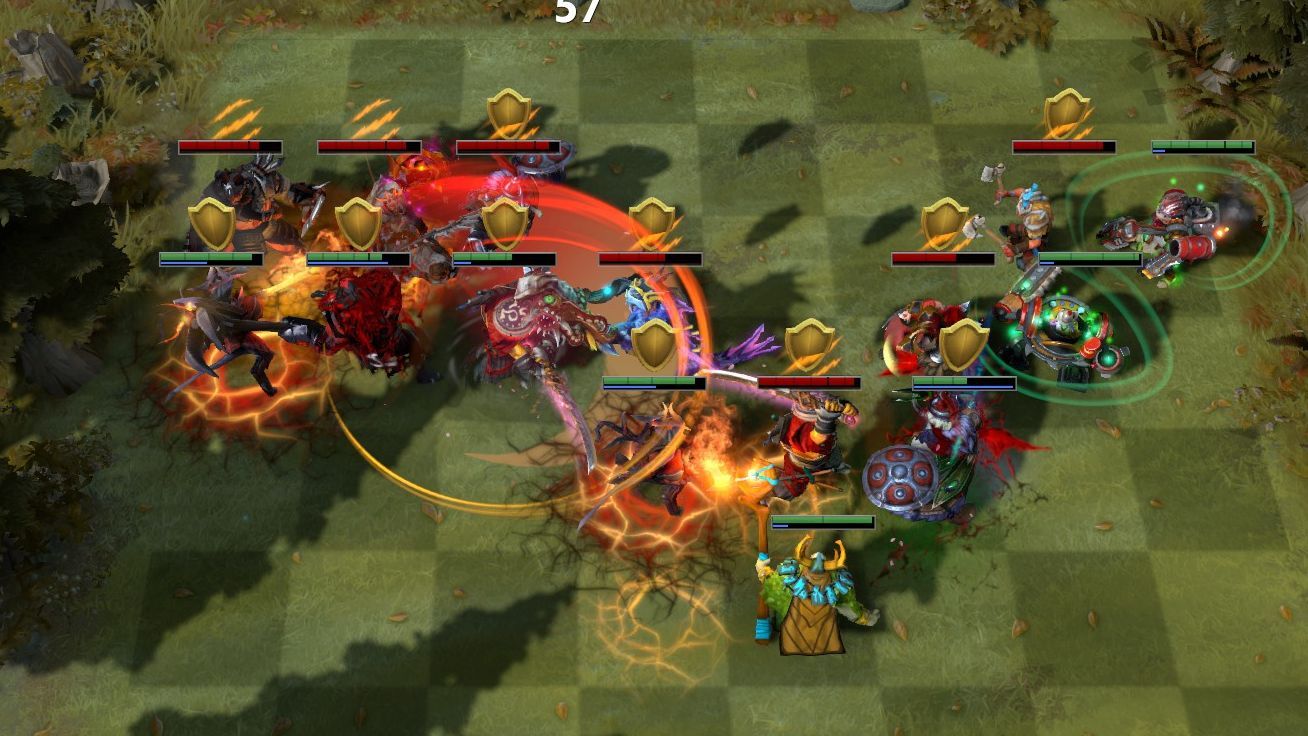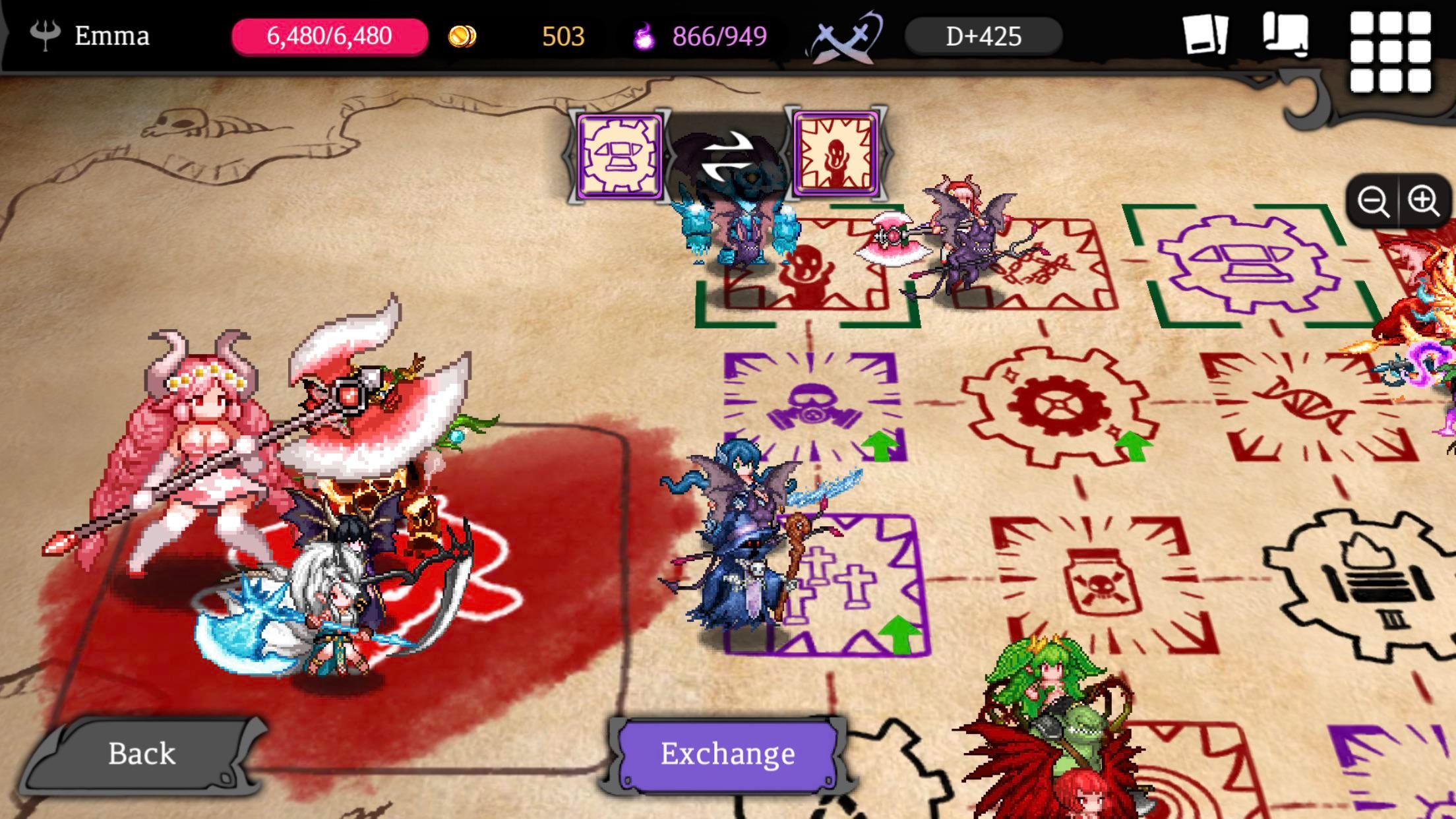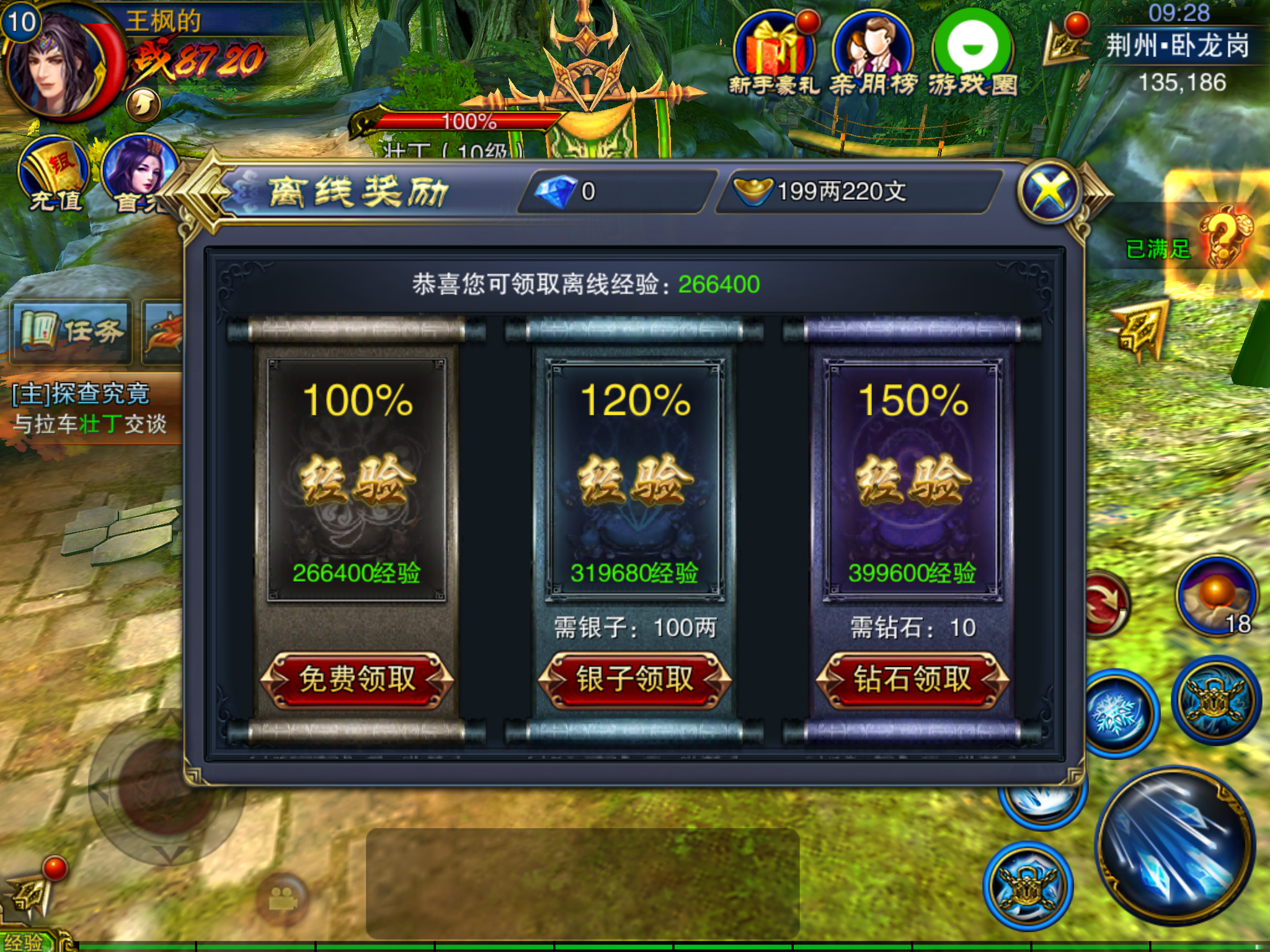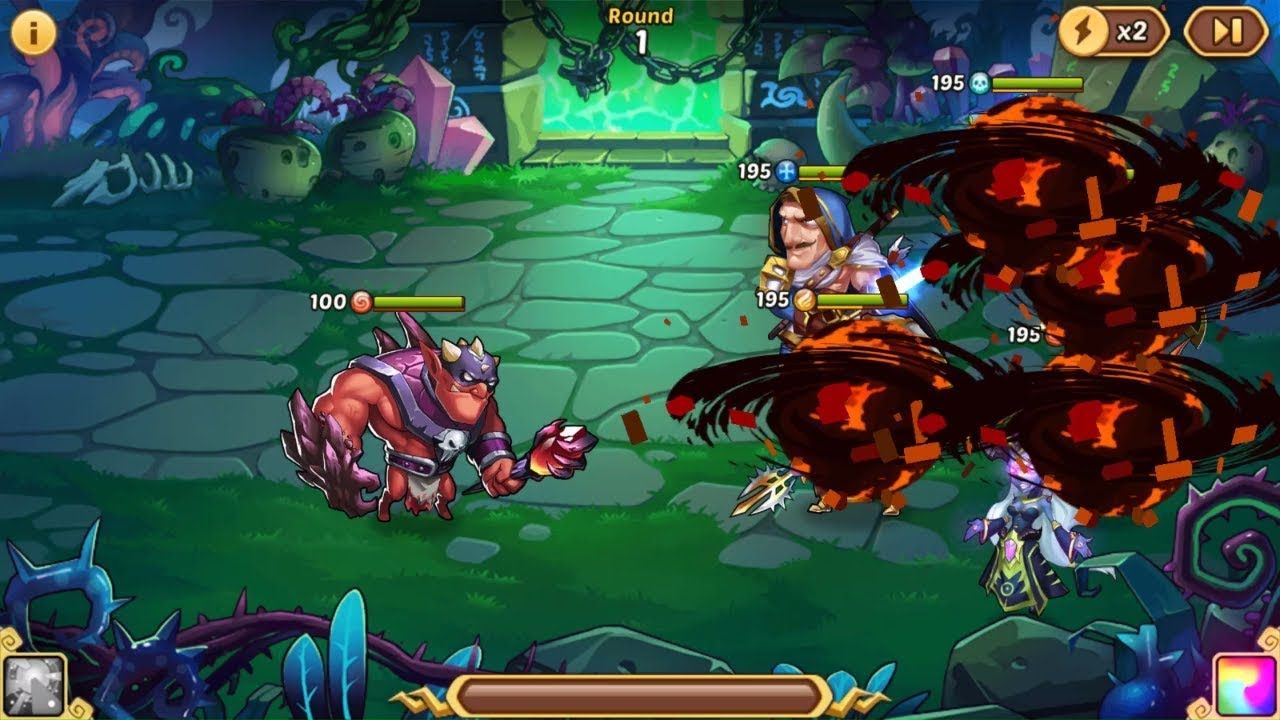Autoplay in gaming is a weird concept; while it may seem to some that players are actively looking for ways to get around actual gameplay, those in the know relish the ability to grind with little to no input needed. While it hasn’t exactly garnered all that much attention in North America, games featuring heavy autoplay elements have taken off in Asian markets, and they’ve done well enough for some to ask if autoplay will be the future of RPGs.
An Intro To Autoplay
In the United States and surrounding territories, the most marketable and familiar of these games may be bite-sized titles like Kongregate’s AdVenture Capitalist or any of the several thousand apps featuring the word ‘idle.’ These games, though extremely simple, help to demonstrate the appeal of so-called "auto-games." The second-to-second, ultra-grindy actions are taken care of by the AI and can usually be run in the background, while the macro decisions are still up to the player. In a sense, players trade time for in-game resources or stat increases and are tasked with figuring out how to best implement them in their games.
Another famous example of automated gameplay mechanics comes from Dota II’s uber-popular Auto chess mod. Now, auto chess has about as much to do with Valve’s famous MOBA as it does with chess—not a whole lot. In fact, a casual onlooker probably won’t recognize the mod as either of the two.
But the similarities lie in the tactics and strategies available to players. Match participants are asked to formulate plans while the AI grinds up some resources. Then, much like chess or Dota, players have to decide what, when, and where to put something. Though it may look fairly complicated to the uninitiated, it plays very much like any highly-strategic board game.
Skip The Grind
Of course, the average match of auto chess lasts somewhere around thirty to forty minutes unless players frequently make it to the endgame phases. Other automated titles can be stretched out much longer. For example, one of the most popular autoplay RPGs right now would be Lineage 2 Revolution. A revitalization of a high fantasy roleplaying game from 2003, Lineage 2 automates most of the questing and combat and asks players to instead focus on upgrades and resource management.
It may not be for everyone, but who doesn’t want to experience an RPG in which they get to skip the grind? While it certainly isn’t a gameplay loop suitable for a good amount of Western releases, it’s a huge deal in China.
Autoplay Around The World
It’s no secret that the Chinese gaming market is wildly different from most other parts of the world. Most forms of gaming were banned in the region for quite some time, and, as a result, industries and consumer mentalities there are vastly separate from what most have come to expect. That’s not to say that traditional RPGs aren’t accessible in China, but the utter domination of mobile gaming in the East, as well as the market’s higher tolerance for microtransactions and in-game monetization, has allowed autoplay titles to flourish.
It should come as no surprise that these games are, more often than not, riddled with all sorts of recurring spending opportunities. Why wait through an automated grind when you could just pay to skip it entirely? While underhanded tactics like these have been included in every style of game, autoplay-heavy titles are particularly susceptible.
But does the rise of autoplay mean the downfall of traditional RPGs? Will longtime genre pillars slowly devolve into mobile-only grinding factories? Well, though we’ve already seen that to an extent, this format doesn’t seem to be something destined for mass appeal in Western territories. Something like auto chess may be popular among Dota players, but it’s still a niche game for a relatively niche market. Likewise, while some see the appeal in skipping through the grind to focus on the bigger picture, it’s a system ill-equipped to topple the more traditional, hands-on methods of play.




